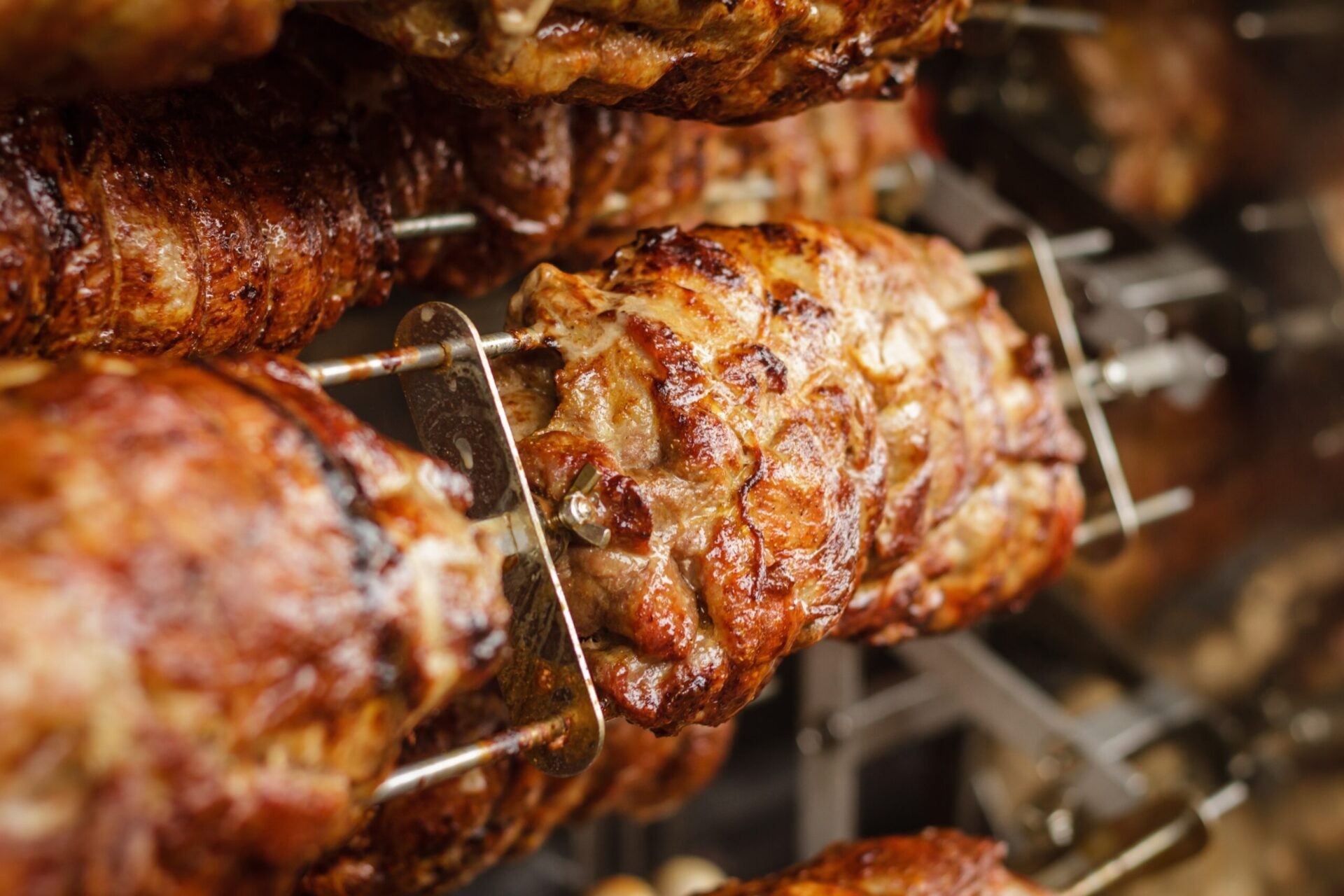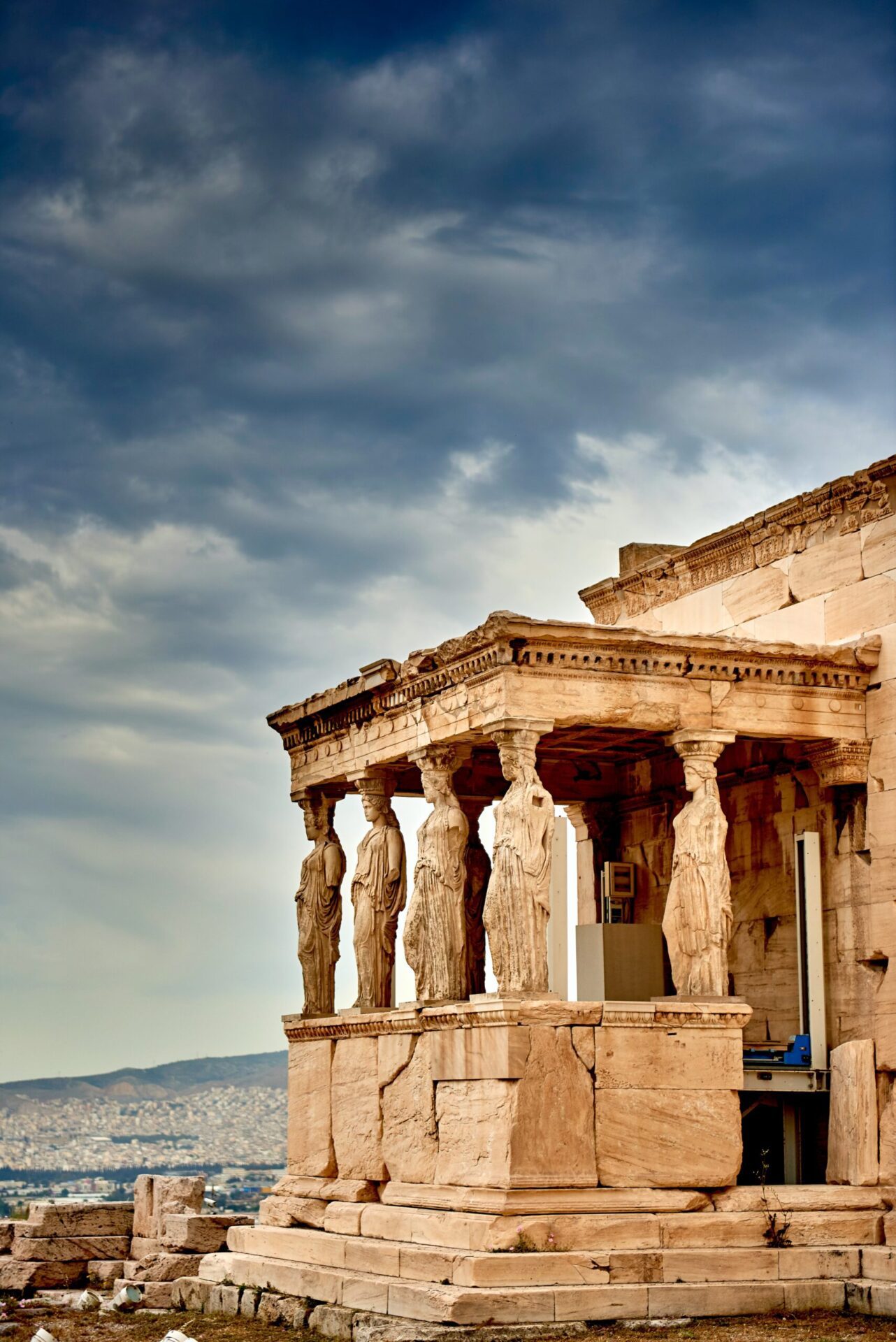Top Winter Festivals in Greece
While Greece is widely known for its beautiful islands and iconic summer festivals, the winter season also brings forth a collection of lesser-known but equally enchanting local festivals. These celebrations offer a unique opportunity to experience Greek culture and traditions away from the tourist crowds.
The Feast of Agios Fanourios - Η Γιορτή του Άγιου Φανουρίου
On August 27th, Greeks commemorate Agios Fanourios, the patron saint of lost things and good luck. While not an official winter festival, it is a cherished local tradition. The day is marked by the preparation of "fanouropita," a spiced cake made with ingredients such as walnuts, cinnamon, and cloves. Baked in honor of the saint, this cake is cut into 40 pieces, with each piece representing a year of Agios Fanourios's age. It is customary for individuals to offer a slice to their neighbors and friends.
Anthesteria - Ανθεστήρια
Anthesteria, celebrated in February, is a festival with ancient roots, originating from Athens. This three-day event honors Dionysus, the Greek god of wine and revelry. While it may not be as widespread today, some villages and towns in Greece maintain this unique tradition.
During Anthesteria, locals partake in wine-tasting sessions, celebrate with feasts, and participate in various ceremonies. It's a time when the "retsina," a traditional Greek wine with a distinct pine resin flavor, takes center stage.


Tsiknopempti - Τσικνοπέμπτη
Tsiknopempti, which translates to "Smelly Thursday," is a vibrant and savory festival that occurs ten days before Clean Monday. It is a time when locals embrace the carnivorous side of Greek cuisine before the period of Lenten fasting begins.
On Tsiknopempti, you'll find locals grilling and barbecuing various meats, creating an aromatic and mouthwatering atmosphere. The streets fill with the delicious scent of souvlaki, sausages, and other grilled treats. It's a celebration of indulgence and an excellent opportunity to savor the bold flavors of Greek BBQ.
The Feast of Agios Vlassis - Η Γιορτή του Άγιου Βλάση
Agios Vlassis is the patron saint of beekeepers and is celebrated on February 11th. In many rural areas, this festival is a chance for beekeepers and locals to gather and bless their beehives. It's a fascinating insight into the agricultural traditions of Greece, where the relationship between humans and nature is celebrated.
During this festival, locals prepare honey-infused dishes and desserts, showcasing the importance of beekeeping in Greek culture. The celebration also includes honey-based pastries and other sweets that are shared among the community.
The Feast of Agios Dimitrios - Η Γιορτή του Αγίου Δημητρίου
Agios Dimitrios is the patron saint of Thessaloniki, and his feast day is celebrated on October 26th. While not a winter festival in the traditional sense, this local event provides an authentic glimpse into Thessaloniki's vibrant culture. The festival includes a lively parade, music, and dancing, with locals from all walks of life coming together to celebrate their beloved saint.
In conclusion, these hidden winter festivals in Greece unveil the lesser-known, yet captivating facets of local culture and traditions. While Greece is celebrated for its renowned summer festivals, these winter gatherings offer a more intimate and authentic experience, often away from the tourist-packed destinations. From the aromatic celebrations of Tsiknopempti to the blessing of beehives in honor of Agios Vlassis, each festival provides a unique window into the rich tapestry of Greek life.
Participating in these festivals is a wonderful way to connect with the welcoming and warm-hearted locals. It's an opportunity to immerse oneself in the age-old customs and rituals that have been cherished for generations. Whether you find yourself savoring the delightful fanouropita cake, indulging in the tantalizing aromas of a Tsiknopempti barbecue, or joining the joyous parade in honor of Agios Dimitrios, you'll leave with a deeper appreciation for the cultural diversity and traditions that make Greece a truly special destination. These hidden winter festivals are a reminder that Greece's beauty and charm extend well beyond its sun-soaked shores and iconic summer celebrations.































Sustainable Deals Awaits
Subscribe Our Newsletter and Never Miss a Thing

LEGAL
- Terms & Conditions
- Data protection
- Privacy and Cookie Statement
- Cookie Consent

